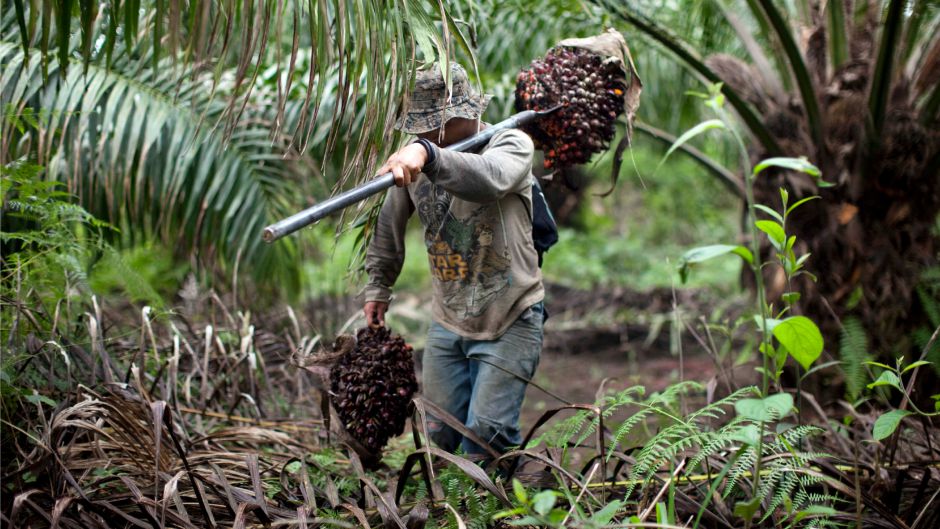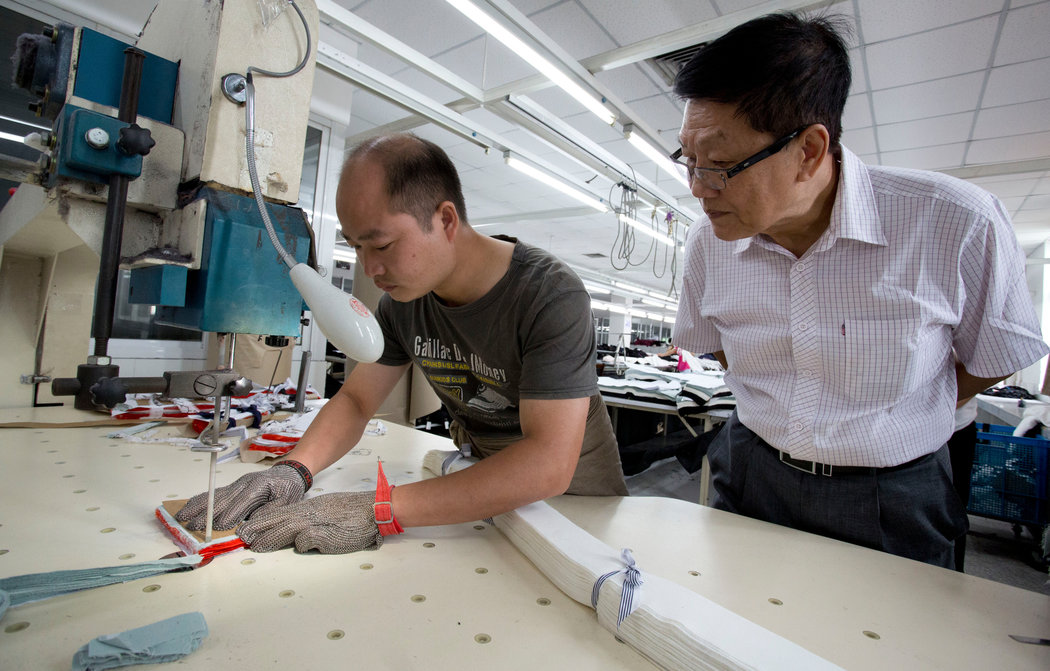
[dflip id=”65974″][/dflip]


Guatemala is among the world’s most prolific palm-oil-producing countries, but it also appears to be one of the cruelest. A new report (pdf) released by the international labor watchdog Verité details the labor and human rights problems in Guatemala’s fast-growing palm oil industry. And there are many, according to the report: Forced labor, child labor, health and safety risks, poor housing, environmental damage, and wage exploitation are just the highlights of the list of dangers facing impoverished palm oil workers and farmers in the country.

About one-fifth of the gold exported from Peru is illegally mined, with forced labor extracting much of the precious metal that ends up in cellphones, computers and jewelry, according to US non-profit Verité. Peru’s Andean mineral wealth has made it the world’s sixth-largest gold producer and boosted it into the ranks of middle-income countries, but some miners have paid for the boom with their freedom – or their lives.

Peru is one of the largest gold producers in the world — the fifth largest, if illegally produced gold is taken into account. Gold has recently surpassed cocaine as Peru’s largest illicit export, and Peru is the largest cocaine producer in the world. But unlike cocaine, illegal gold goes on to become a legitimate consumer product, found in our jewelry, watches, and smart phones.

Inspectors came and went from a Walmart-certified factory in Guangdong Province in China, approving its production of more than $2 million in specialty items that would land on Walmart’s shelves in time for Christmas. But unknown to the inspectors, none of the playful items, including reindeer suits and Mrs. Claus dresses for dogs, that were supplied to Walmart had been manufactured at the factory. Instead, Chinese workers sewed the goods — which had been ordered by the Quaker Pet Group, a company based in New Jersey — at a rogue factory that had not gone through the certification process set by Walmart for labor, worker safety or quality, according to documents and interviews with officials involved.